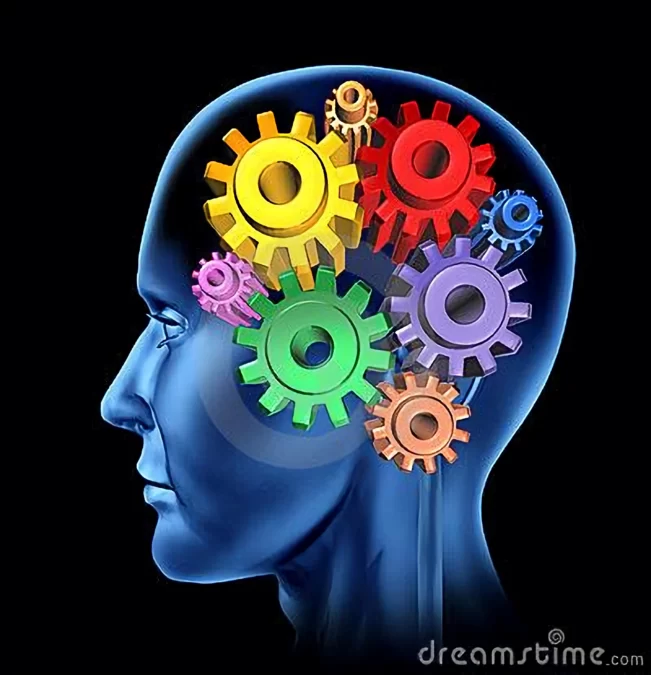Steve Hughes, former president of the American Academy of Pediatric Neuropsychology, has studied the neurodevelopmental benefits of Montessori education for years.
We are going to look at some discoveries in neuroscience that support what Maria Montessori appreciated through observing and working with children throughout her life.
►The Hand as an Instrument of the Brain
One of the most evident benefits of Montessori in relation to neural development consists in the use of the hands as a learning instrument. Thanks to neuroscience we know that the hands are the main input of information to the brain, and therefore they should play a crucial role in learning, just as it happens in Montessori.
►Sensitive Periods
Maria Montessori observed that children, especially between birth and 6 years, go through periods in which they show a special interest in a certain activity. These sensitive periods have also been called windows of opportunity, and more recently, neuroscience has identified them as stages in which the brain needs certain stimulation to develop properly.
►Neural Networks
There is a model of the functioning and organization of the brain that shows that the different areas of the brain do not work independently, but are connected to each other through neural networks. These neural networks develop through experience. Repetition is one of the acts that improves this process, especially in the stage from 0 to 6 years, when the child has a natural tendency to repeat an activity to perfect a certain skill.
Another way to promote the development of neural networks is through sensory activities, another strong point of the Montessori method.
►Mirror Neurons
These are activated when an animal or human being performs an action or when it observes another performing the same action.
Maria Montessori defined the absorbent mind as the ability of children from 0 to 6 years of age to absorb information from their environment through the senses, and decades later the discovery of mirror neurons scientifically corroborated what she had discovered through observation.

► The Executive Functions are the mental capacities in charge of resolving in a conscious, voluntary and effective way most of the problems that are presented to an individual. Several studies have shown that these skills are essential for both cognitive and social and emotional learning.
• Cognitive flexibility: this is the function that allows us to adapt to changes in the environment or in priorities, which activates our creative thinking when we need to solve a problem.
• Inhibitory control: includes the ability to focus our attention on a task despite distractions (concentration), to stick with that task to completion (discipline), and to resist impulses and respond instead in a considerate way (self-control). control).
• Working memory or working memory: it is the ability to retain information in the mind in order to work with it. It allows us to relate ideas and make decisions considering the information we have.
As you can imagine, executive functions play an essential role in our lives and it is important to encourage their development, which occurs from childhood and continues to be perfected until adulthood. In a Montessori environment, all these skills are worked on indirectly, both through the use of materials and through the establishment of rules and limits within the freedom that children enjoy when choosing their work.
Text: http://www.montessoriencasa.es/la-neurociencia-respalda-montessori-neuroscience-supports-montessori/
